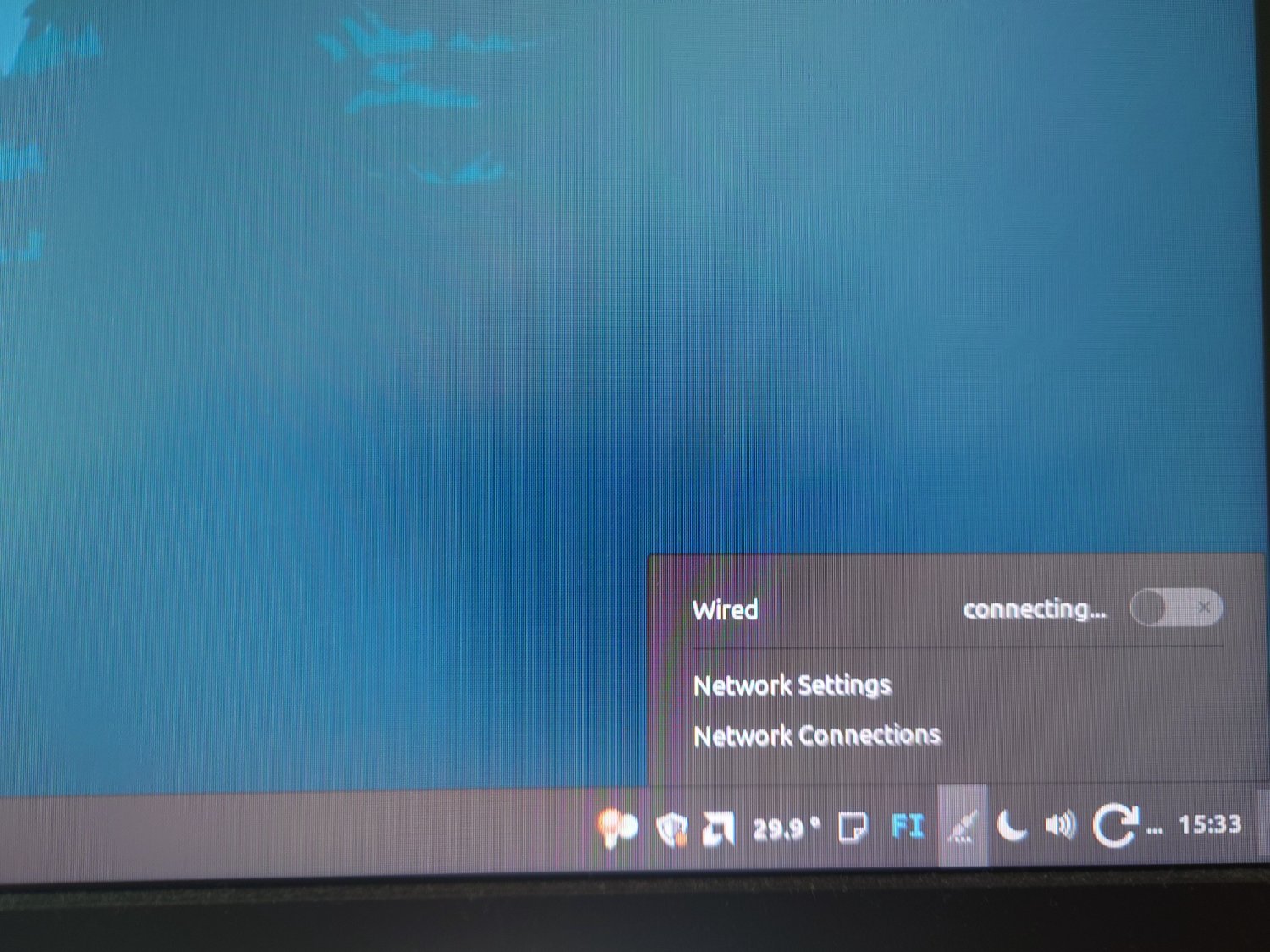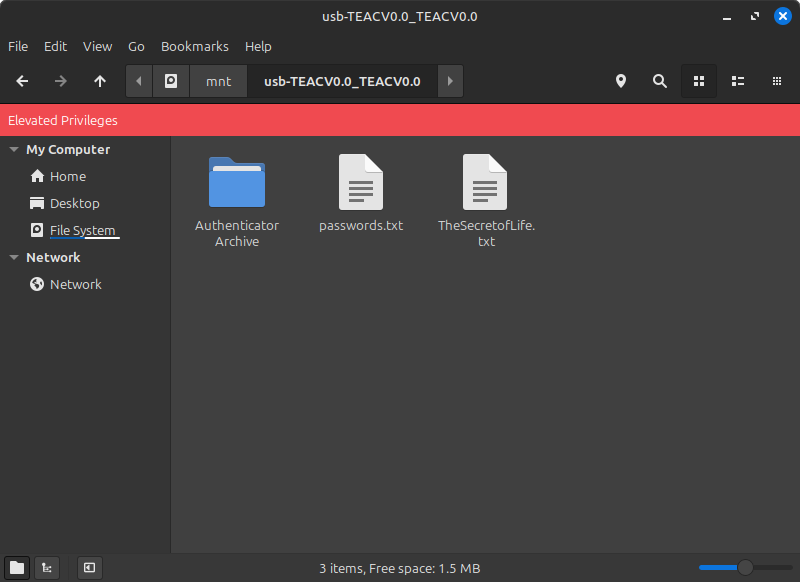It's the simple things really. I've swapped back to Linux as my primary about a year ago, and still I have issues I don't have with Windows.
6 months now, particularly on Linux Mint (Bazzite to its credit hasn't had this issue much) I just can't fit connect to the internet. Linux is the only thing with this issue. By some arcane lucky magic, it somehow fixes itself when I'm fiddling around trying to fix it myself.
Only for the problem to come back next time I boot up my PC on Mint.
I have it connected to a TP link switch, just like other devices. None have the issue, not even a console (Nintendo Switch). Months, fucking months of going through forum posts, articles, social media, and trying out dozens upon dozens of "solutions", both in gui and the terminal - and the problem persists.
Now, I don't think I'm tech savvy exactly, but I'm not tech illiterate either. I understand some simple lines of code, some very basics of networking, etc. I'm patient enough to deal with issues like these for over half a year.
But how the hell is Linux even going to dream of being anywhere near mainstream when one of the most recommended "beginner" distros can't even run a year long without something as simple as the damned internet working???
And it's not just the internet. It's little things that just pop up one day and now you have to solve a puzzle to figure it out. Oh, suddenly you have to print something? Oh, you decided to get a light up keyboard that was on sale? Try to use Steam Link? Get ready to roll the dice on whether it'll take you a weekend to do / use it.
Microsoft is shit. Windows, is shit. Windows 11 is a privacy goddamn nightmare.
But in the end of the day, it just fucking works, those damn bastards ensure that. And even when something doesn't work, it seems, for some unknown reason, most of the online solutions do fix the issue.
Now imagine someone who's less likely to open up a terminal using Linux. They won't. They'll sacrifice their privacy because they might have full time jobs in something not remotely tech related and just wanted to watch some YouTube and don't want to spend the little free time they have fixing their own computer.
What's hilarious is just as I'm finishing this rant, the internet on Mint just magically decided to work again with no issues.
Maybe next time then I'll try yelling at the Linux fairies in my PC to see if they'll do their magic. At this point it's about a valid solution as any other.


